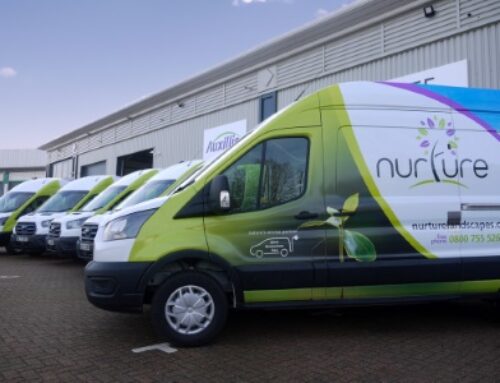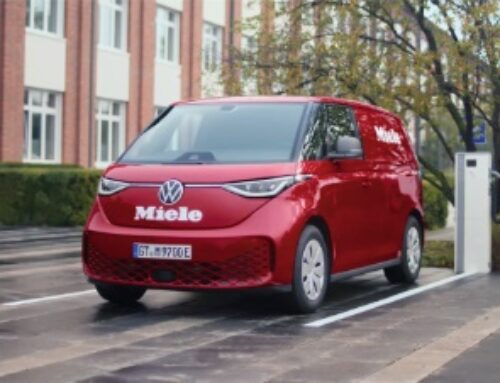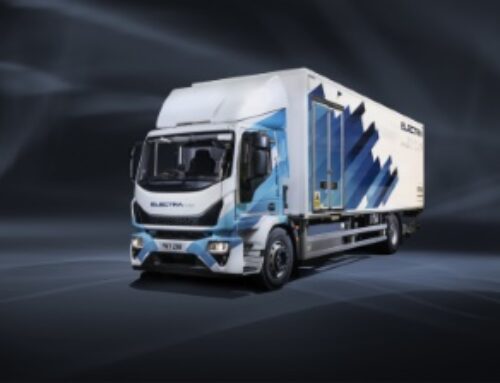Fuelling a low-emission future
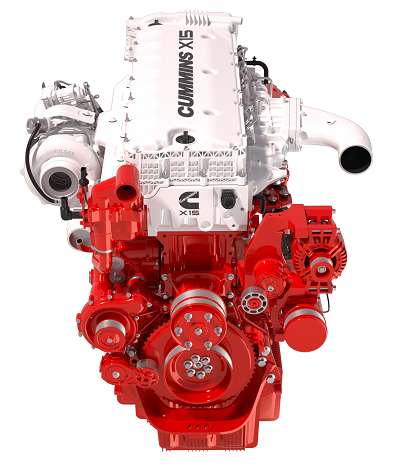 Steve Nendick, marketing communications director at Cummins, explores fuel-agnostic engines as a technology for the reduction of emissions
Steve Nendick, marketing communications director at Cummins, explores fuel-agnostic engines as a technology for the reduction of emissions
Globally, commercial fleets are increasingly looking to transition from conventional diesel engines to alternative power solutions that run on more sustainable fuels. However, reaching net-zero emissions is not a light-switch event, nor is there a single solution that works for all vehicles and all operators.
Developing products that can perform using different fuels with minimum adjustments to engine installation gives OEMs greater flexibility and could be the initial step in reducing the industry’s emissions profile.
Cummins’ next generation fuel-agnostic platform is a series of engines derived from a common base and offering low- to zero-carbon fuel capability. With up to 80 per cent parts commonality, below the head gasket of each engine will look largely the same, while above will be different components enabling various low- to zero-carbon fuel types.
Each version can operate using a different, single fuel – either diesel, natural gas, or zero-carbon hydrogen, with minimal adjustment.
In the new 15 litre X-Series launched in 2022, cylinder heads and fuel systems are specifically tailored for the X15H to use carbon-free hydrogen and for the X15N to use biogas with up to 90 percent carbon reduction.
With X15H ratings up to 530 hp (395 kW) and X15N ratings up to 510 hp (380 kW), they are ideally suited for trucks up to 44-ton gross vehicle weight (GVW). The X15 advanced diesel can use either sustainable HVO fuel or B100 biodiesel with ratings up to 650 hp (485 kW) for the most demanding heavy haul duty-cycles.
Running fleets with fuel-agnostic engines brings several advantages for vehicle OEMs and operators. These factors, combined with the opportunity to reduce emissions, can support transport industry decarbonisation efforts using a familiar technology, and with minimal impact on business operations.
There is minimal vehicle redesign required for OEMs making the switch from diesel to a lower emission hydrogen or natural gas fuel, and for OEMs looking produce models with multiple fuel options. All engine variants can be installed in the same location, with only the fuel system and supply changing.
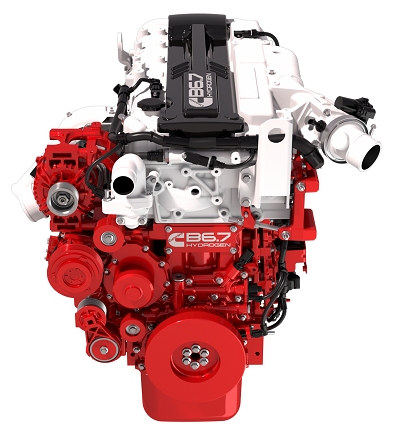 Cummins revealed its medium-duty truck concept powered by a B6.7H hydrogen internal combustion engine at IAA last year. The conversion highlighted a decarbonisation opportunity for trucks in the 10-26 ton gross vehicle weight (GVW) range, with no compromise on truck performance, cargo capacity or payload.
Cummins revealed its medium-duty truck concept powered by a B6.7H hydrogen internal combustion engine at IAA last year. The conversion highlighted a decarbonisation opportunity for trucks in the 10-26 ton gross vehicle weight (GVW) range, with no compromise on truck performance, cargo capacity or payload.
Fuel agnostic engines are founded on internal combustion technology. They look, feel and perform like the products technicians are already acquainted with, meaning minimal retraining and fewer changes to existing operations and maintenance set ups.
Fuel-agnostic engines allow fleets to be affordably modernised at an accelerated rate and can contribute to a future with significantly reduced emissions from commercial vehicles.
With proposed Euro VII regulations and the ongoing importance of sustainable operations, having a variety of affordable and reliable low and zero carbon options is imperative to supporting customers and end-users to reduce vehicle emissions.








